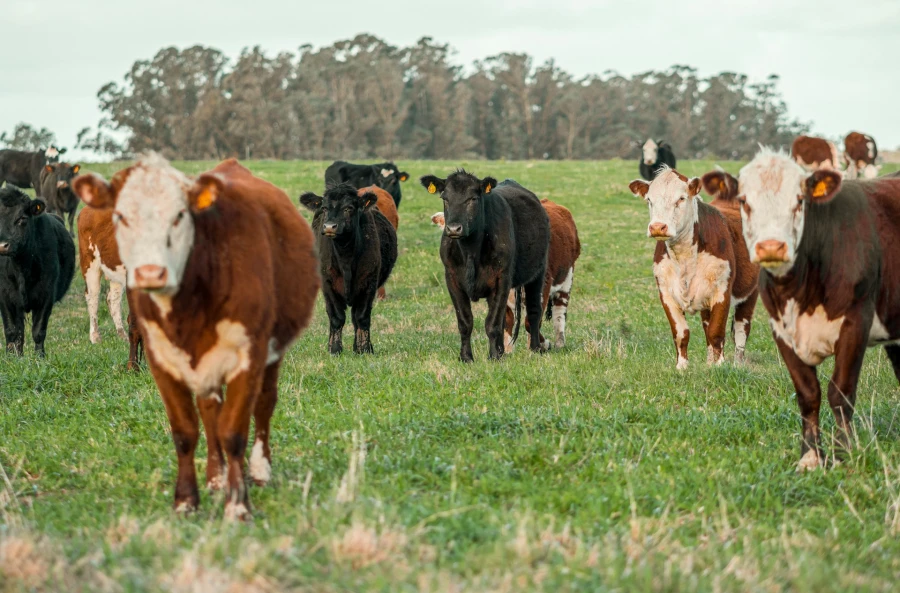Animal Welfare Outranks Environmental Concerns for Meat & Dairy Consumers

A recent study reveals that animal welfare considerations significantly influence consumer choices in meat and dairy products, surpassing environmental sustainability concerns. While consumers acknowledge the importance of sustainability, other factors such as taste, quality, and animal welfare predominantly guide their purchasing decisions.
The study, conducted across five European countries—Czechia, Spain, Sweden, Switzerland, and the UK—surveyed 3,192 participants. Respondents rated the importance of various factors when buying meat and dairy products, on a scale from 1 (not at all important) to 5 (extremely important). These factors included:
- General attributes: freshness, quality/taste, healthy eating, nutrition, price, processing, special offers, convenience of use/preparation, and familiarity of brand.
- Animal welfare attributes: animal welfare, outdoor-reared/free range, and pasture-fed.
- Environmental sustainability attributes: locally produced, sustainable packaging, food miles, carbon footprint, and organic.
- Social sustainability: fair trade or ensuring producers/farmers are fairly paid.
Findings indicated that freshness, quality/taste, and animal welfare were consistently prioritized across all surveyed countries. Environmental factors, such as food miles, carbon footprint, and organic production, were less influential in purchasing decisions. However, sustainability labels were still seen as beneficial.
Don’t miss out! Subscribe to our newsletter for the latest content straight to your inbox, or register for FREE to gain full access.
Dr. Andy Jin, Senior Lecturer in Risk Management at the University of Portsmouth and co-author of the study, emphasized the multifaceted nature of consumer behavior. He noted that consumers value information related to animal welfare, food safety, and health and nutrition more than environmental sustainability when making food choices.
The study’s outcomes highlight the need for comprehensive labeling strategies that address various product attributes, extending beyond environmental considerations alone. This insight is critical for policymakers, producers, and retailers aiming to cater to the growing demand for sustainable products.
Dr. Jin further suggested that labels alone might not be sufficient to alter consumer behavior, especially among those with low intentions to purchase sustainable products. He advocated for additional policy measures, such as nudges or behavioral interventions, to help consumers align their attitudes with sustainable purchasing behaviors.
The research, published in the journal Food Quality and Preference, was a collaborative effort by the universities of Portsmouth and Newcastle in the UK, Swedish University of Agricultural Sciences, University of Córdoba in Spain, Mendel University in Czech Republic, and Agroscope in Switzerland.


Responses